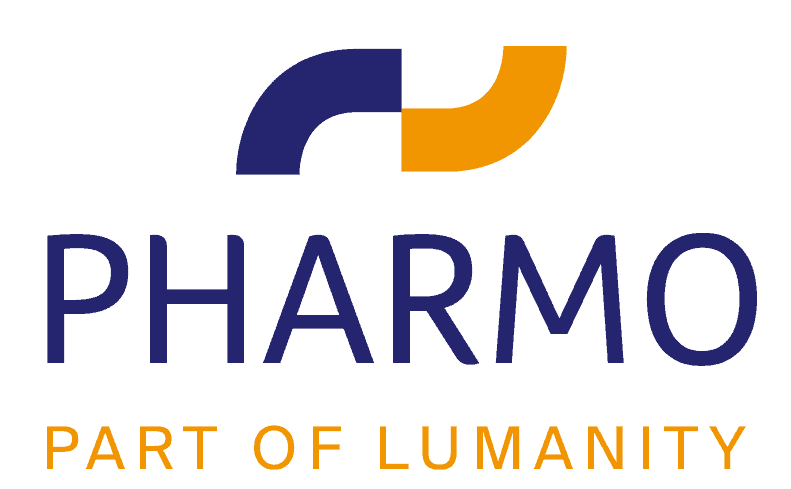Dopaminergic drugs and the risk of hip or femur fracture: a population-based case-control study
SUMMARY: The effect of dopaminergic medication on the risk of hip/femur fractures is not clear. Our results showed a nearly twofold increased risk of hip/femur fractures in current dopaminergic drug users. Concomitant use of antidepressants furtherincreased this risk. Fracture risk assessment may be warranted in elderly users of dopaminergic drugs
